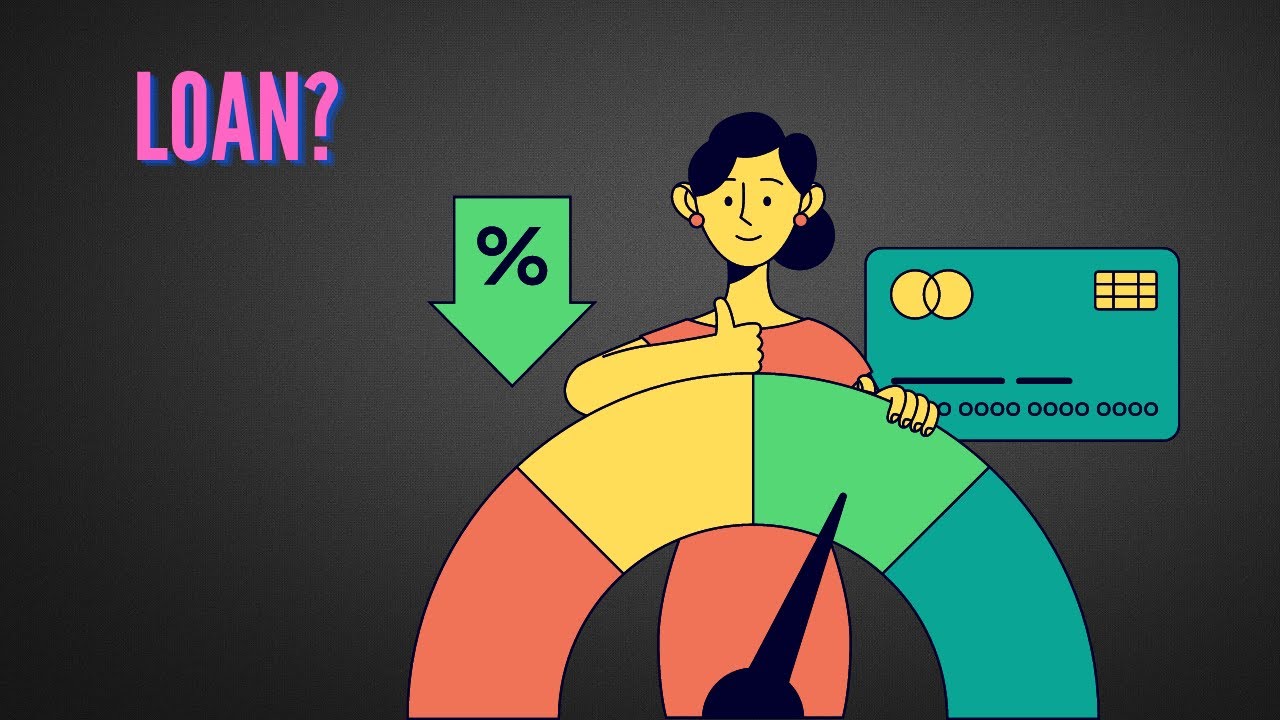Navy Federal Employee Tells Me How to Get 450 Internal Score
Summary
TLDRIn this insightful video, the speaker discusses the nuances of credit scores and internal scoring systems used by banks and credit unions. They highlight the importance of understanding the difference between credit scores and derogatory marks, sharing personal experiences of being denied loans despite having a good credit score. Emphasizing the need to maintain a solid credit profile, the speaker encourages viewers to cultivate relationships with financial institutions to enhance their chances of approval. Viewers are invited to share their experiences and tips, fostering a community of shared knowledge and strategies for financial success.
Takeaways
- 😀 Understanding that a low credit score and having derogatory marks on a credit report are not the same; one can have a high score but still face denials due to unpaid accounts.
- 📝 Personal experiences with charge-offs indicate that even a good relationship with a financial institution may not guarantee credit approval.
- 🏦 Every financial institution likely has its internal scoring model, which influences approval decisions beyond just credit scores.
- 🔄 Maintaining a good internal score is crucial for maximizing benefits from financial products and securing credit.
- 💡 It's important to actively manage your credit accounts and address any derogatory marks to improve your overall credit standing.
- 🤝 Establishing a banking relationship through accounts and transactions can positively impact credit applications.
- 📈 Striving for the best possible credit score helps position individuals favorably in the eyes of lenders.
- 📣 Sharing experiences and strategies with others can foster community learning about improving internal scores.
- 🗣️ Understanding the reasons behind credit practices can empower individuals to make informed financial decisions.
- 💪 Taking proactive steps to improve credit health is essential for long-term financial success.
Q & A
What is the difference between a credit report and a credit score?
-A credit report contains detailed information about your credit history, including accounts, payment history, and derogatory marks, while a credit score is a numerical representation of your creditworthiness derived from this information.
Can you have a high credit score and still be denied credit?
-Yes, it is possible to have a high credit score (like 700) and still be denied credit if there are negative items on your credit report, such as charge-offs or collections.
What is an internal score, and why is it important?
-An internal score is a proprietary scoring model used by financial institutions to evaluate a customer’s creditworthiness. It is important because it influences lending decisions, often in ways that may not align with traditional credit scores.
How can one improve their internal score with a financial institution?
-To improve an internal score, individuals should establish a good relationship with the institution, maintain accounts, make timely payments, and manage debts responsibly.
Why might someone be denied credit even with a decent credit score?
-Someone might be denied credit due to a lack of relationship with the bank, insufficient account history, or negative marks on their credit report, even if their credit score is decent.
What role do charge-offs play in credit decisions?
-Charge-offs are considered negative marks on a credit report that indicate an account has not been paid as agreed. They can significantly affect both credit scores and internal scores, impacting lending decisions.
What should individuals do to present themselves favorably to lenders?
-Individuals should maintain a good credit profile by paying bills on time, reducing debt, establishing a banking relationship, and understanding how their actions affect both their credit score and internal score.
How can viewers engage with the content and share their experiences?
-Viewers are encouraged to leave comments sharing their personal experiences regarding their internal scores and the strategies they used to improve their credit profiles.
What common pitfalls should individuals avoid when managing credit?
-Common pitfalls include ignoring unpaid accounts, failing to establish relationships with financial institutions, and not understanding the impact of derogatory marks on both credit and internal scores.
What is the significance of having a bank account in relation to credit approval?
-Having a bank account can demonstrate financial stability and responsibility to lenders, which can positively influence internal scoring and increase the chances of credit approval.
Outlines

Dieser Bereich ist nur für Premium-Benutzer verfügbar. Bitte führen Sie ein Upgrade durch, um auf diesen Abschnitt zuzugreifen.
Upgrade durchführenMindmap

Dieser Bereich ist nur für Premium-Benutzer verfügbar. Bitte führen Sie ein Upgrade durch, um auf diesen Abschnitt zuzugreifen.
Upgrade durchführenKeywords

Dieser Bereich ist nur für Premium-Benutzer verfügbar. Bitte führen Sie ein Upgrade durch, um auf diesen Abschnitt zuzugreifen.
Upgrade durchführenHighlights

Dieser Bereich ist nur für Premium-Benutzer verfügbar. Bitte führen Sie ein Upgrade durch, um auf diesen Abschnitt zuzugreifen.
Upgrade durchführenTranscripts

Dieser Bereich ist nur für Premium-Benutzer verfügbar. Bitte führen Sie ein Upgrade durch, um auf diesen Abschnitt zuzugreifen.
Upgrade durchführen5.0 / 5 (0 votes)






